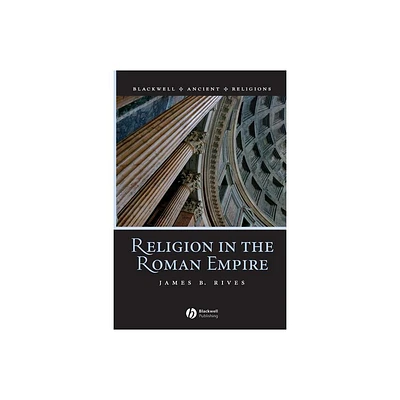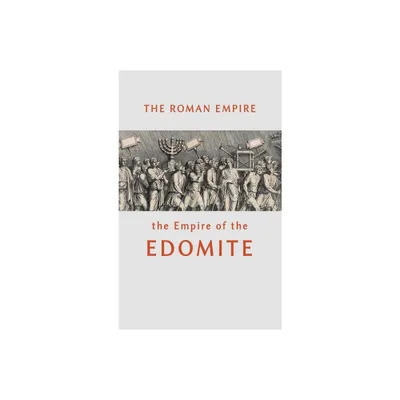Home
Imperial Cults: Religion and Politics the Early Han Roman Empires
Loading Inventory...
Barnes and Noble
Imperial Cults: Religion and Politics the Early Han Roman Empires
Current price: $83.00


Barnes and Noble
Imperial Cults: Religion and Politics the Early Han Roman Empires
Current price: $83.00
Loading Inventory...
Size: Hardcover
*Product Information may vary - to confirm product availability, pricing, and additional information please contact Barnes and Noble
Imperial Cults
is a comparative study of the transformation of imperial religion and imperial authority in the early Han and Roman empires. During the reigns of the Emperor Wu of Han and Octavian Augustus of Rome, the rulers undertook substantial reforms to their respective systems of cult, at a time when they were re-shaping the idea of imperial authority and consolidating their own power. The changes made to religious institutions during their reigns show how these reforms were a fundamental part of the imperial consolidation.
Employing a comparative methodology the author discusses some of the common strategies employed by the two rulers in order to centre religious and political authority around themselves. Both rulers incorporated new men from outside of the established court elite to serve in their religious institutions and as advisors, thus weakening the authority of those who had traditionally held it. They both expanded the reach of their imperially-sponsored cult, and refashioned important ceremonies to demonstrate and communicate the unprecedented achievements of each ruler. Emperor Wu recruited experts in mantic knowledge from far reaches of the empire, while Augustus co-opted loyal followers into the newly revived priestly colleges. Robinson shows how the rulers used their respective religious institutions to consolidate their authority, secure support, and communicate their authority to the elite and commoners alike. By using the comparative approach, the author not only reveals similar trends in the formation of ancient empires, but also shows how new perspectives on familiar material can be found when engaging with other societies.
is a comparative study of the transformation of imperial religion and imperial authority in the early Han and Roman empires. During the reigns of the Emperor Wu of Han and Octavian Augustus of Rome, the rulers undertook substantial reforms to their respective systems of cult, at a time when they were re-shaping the idea of imperial authority and consolidating their own power. The changes made to religious institutions during their reigns show how these reforms were a fundamental part of the imperial consolidation.
Employing a comparative methodology the author discusses some of the common strategies employed by the two rulers in order to centre religious and political authority around themselves. Both rulers incorporated new men from outside of the established court elite to serve in their religious institutions and as advisors, thus weakening the authority of those who had traditionally held it. They both expanded the reach of their imperially-sponsored cult, and refashioned important ceremonies to demonstrate and communicate the unprecedented achievements of each ruler. Emperor Wu recruited experts in mantic knowledge from far reaches of the empire, while Augustus co-opted loyal followers into the newly revived priestly colleges. Robinson shows how the rulers used their respective religious institutions to consolidate their authority, secure support, and communicate their authority to the elite and commoners alike. By using the comparative approach, the author not only reveals similar trends in the formation of ancient empires, but also shows how new perspectives on familiar material can be found when engaging with other societies.


















